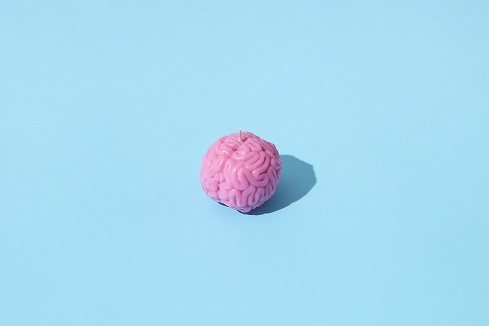Scientists inject human brain cells into mice to determine how pathological cells impact the brain in the development of Alzheimer’s.
In one of the first studies of its kind, researchers are reporting how tau proteins associated with Alzheimer’s disease attack the brain. For the study, the team analyzed human brain cells grown inside mice and outlined their findings in the journal Stem Cell. They explain that they injected immunodeficient mice with the human brain cells and exposed these cells to the proteins known to cause severe brain diseases, including dementia, Alzheimer’s and Downs Syndrome.
The study states, “Microglia are critical in brain development and Alzheimer’s disease (AD) etiology. Down syndrome (DS) is the most common genetic developmental disorder and risk factor for AD. Surprisingly, little information is available on the impact of trisomy of human chromosome 21 (Hsa21) on microglial functions during DS brain development and in AD in DS. Using induced pluripotent stem cell (iPSC)-based organoid and chimeric mouse models, we report that DS microglia exhibit an enhanced synaptic pruning function, which alters neuronal synaptic functions. In response to human brain tissue-derived pathological tau, DS microglia undergo cellular senescence and exhibit elevated type-I-interferon signaling. Mechanistically, knockdown of Hsa21-encoded type I interferon receptors, IFNARs, rescues the DS microglial phenotypes both during brain development and in response to pathological tau. Our findings provide in vivo evidence that human microglia respond to pathological tau by exhibiting dystrophic phenotypes. Targeting IFNARs may improve DS microglial functions and prevent senescence.”

Peng Jiang, an associate professor in the Department of Cell Biology and Neuroscience at the Rutgers School of Arts and Sciences, explained, “In this study, we used our newly developed chimeric mouse brain model – where human cells are injected and allowed to grow, develop and mature with appropriate functions in a live mouse brain. This provided an unprecedented opportunity to investigate the role of human microglia in brains as well as the cognitive impairment seen in Alzheimer’s Disease and Down syndrome, a genetic disorder with a high risk of developing Alzheimer’s disease.”
Through their experimental infusion and protein exposure process, the scientists were able to examine brain samples collected at different stages and determine how the brain was being attacked. This analysis furthers previous research in which scientists were able to see the damage done to the brain in human autopsies. The mice were bred to be immunodeficient so they could receive implanted human cells without their immune system trying to fend them off.
“Since microglial cells are one of the first cell responders when something goes wrong in the brain, we believe the changes we saw to be significant,” said Mengmeng Jin, a postdoctoral researcher in the Department of Cell Biology and Neuroscience at Rutgers and first author on the study.
In a related study published February 2, 2022, a research team found that restoring protein production in the brain could help treat Alzheimer’s disease. In the study, the team demonstrated that a substance that initiates protein synthesis helped mice with cognitive issues perform better on memory-associated behavior tests.
Sources:
Scientists reveal new evidence of key mechanism in Alzheimer’s
Mouse study suggests that repairing brain protein production could counteract Alzheimer’s disease


Join the conversation!